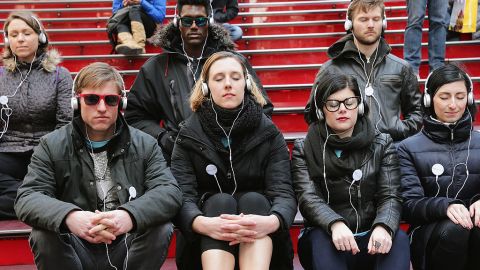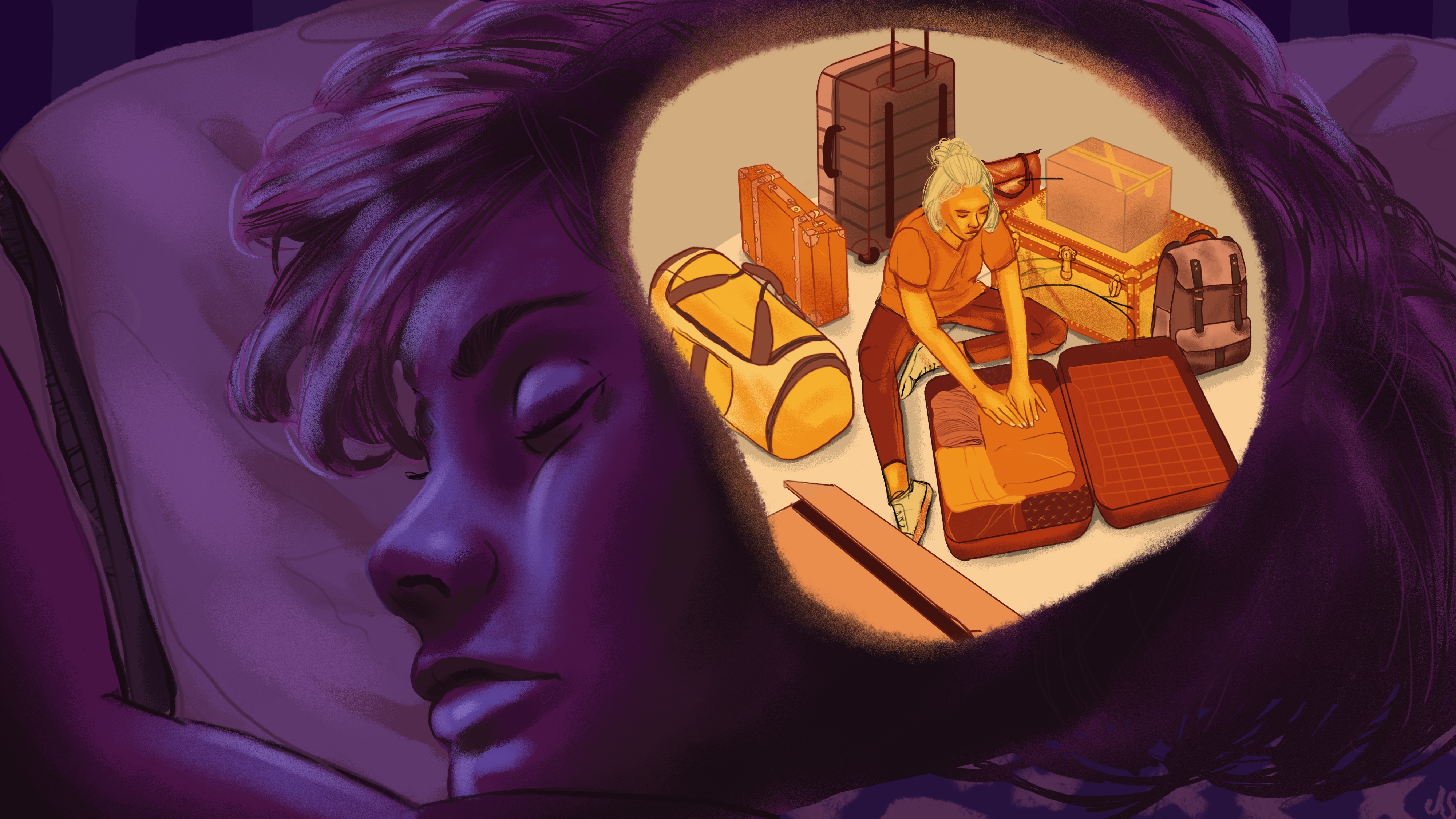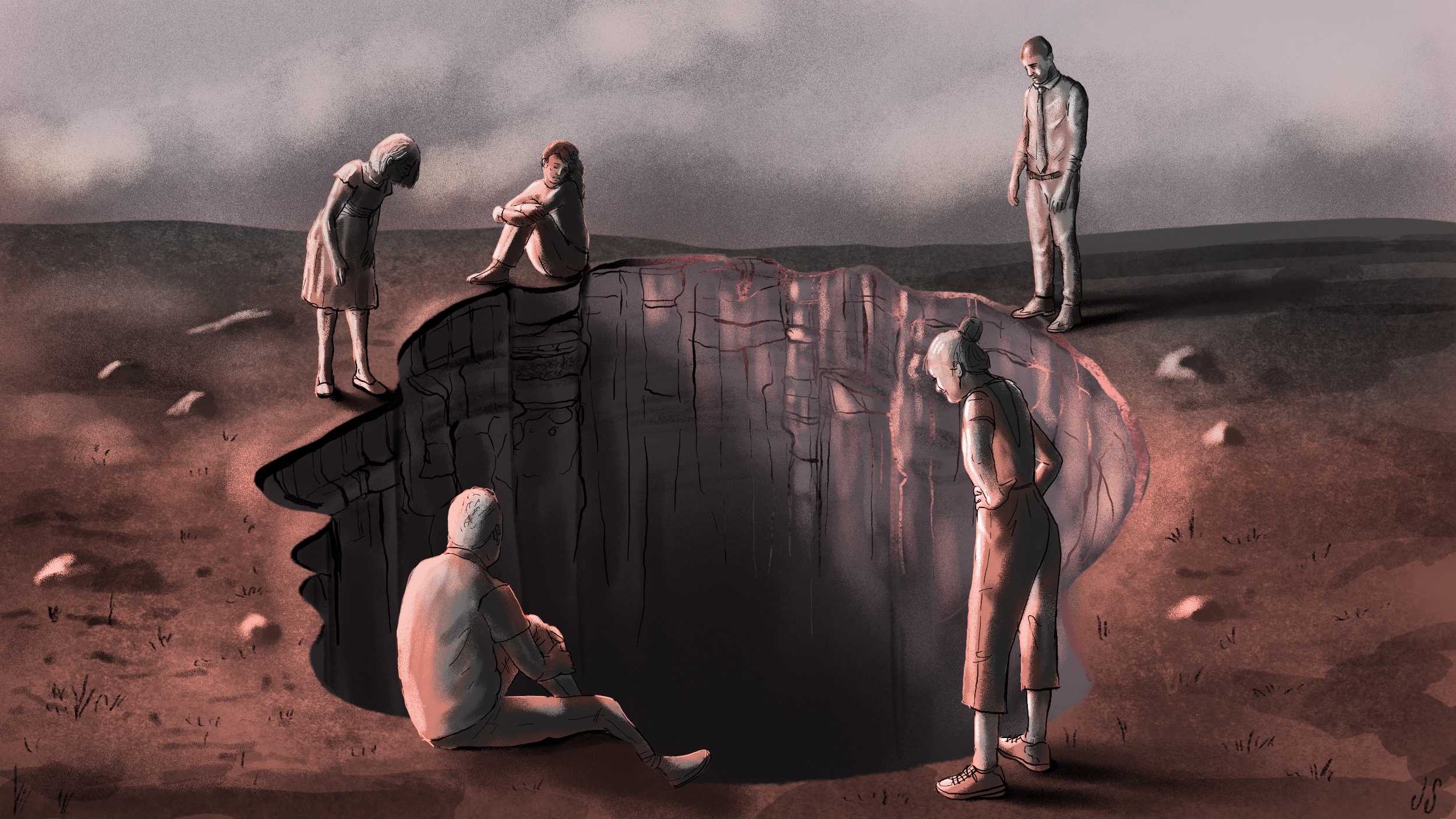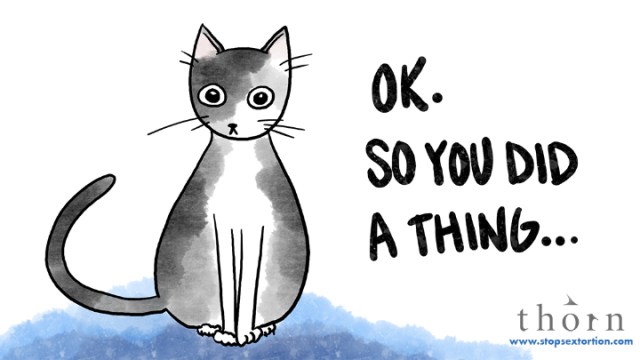6 Apps That Combat Depression and Anxiety

Smartphone addiction creates many problems: car accidents, poor educational performance, insomnia, relationship issues, anxiety, and depression. As with any technology—as with anything, really—too much is too much. Inattentiveness is a chronic problem. Yet the benefits to technology are also undeniable, which is why medical app makers are using this medium to fight back.
Smartphones may help provoke depression and anxiety, but new research from top Australian institutes explores apps that are helping users reduce the symptoms and even combat the roots of these disorders. Researchers chose eighteen randomized controlled trials, fourteen of which were published in the last two years, which cover 3,414 men and women between the ages of 18-59. Participants suffered from depression, insomnia, bipolar disorder, anxiety, and other related disorders.
In this meta-analysis the researchers discovered these apps have a moderate positive effect over inactive controls and a small positive effect over active control conditions. In terms of apps themselves, cognitive training apps proved more efficient than apps focused on mental health.
When combined with traditional methods such psychotherapy and pharmaceuticals, this new wave of apps could become standard protocol in an integrative approach to battling depression, anxiety, and related disorders. Regardless of each app’s specific focus, researchers conclude “smartphone devices are a promising self-management tool for depression.”
Here are some of the apps showing promise:
Project: EVO. This app is designed to improve symptoms of inattention, executive function, and working memory. The company is testing others to help address Alzheimer’s disease, brain injury, and autism. Research from earlier this year showed that the app might help children with cognitive impairments, including sensory processing disorder. Another study found that the video game interface might treat underlying causes of depression and not only just manage the symptoms.
Moodhacker. Moodhacker’s interactive platform encourages healthy habits, targeting sleeping patterns, nutrition, exercise, and social support. By tracking patterns and moods it aims to help users better understand the flow of their day and make better decisions. A study of 300 employees found that it helped promote work productivity, reduced absence from work, and lowered workplace distress, when compared to other depression-related websites.
MONARCA. This bipolar disorder app tracks user’s activity, moods, sleep patterns, medication adherence, stress levels, and alcohol consumption, as well as noticing triggers and early warning signs. It then shares the data with clinicians. Of course, there are dangers with self-assessments, but one study of 78 participants found that MONARCA users showed fewer manic symptoms after six months when compared to a group using a placebo app.
Headspace. This mindfulness meditation app has dominated the meditation market since its launch. It takes advantage of years of research on the benefits of Mindfulness-Based Stress Reduction (MBSR) and Mindfulness-Based Cognitive Therapy programs, especially when it comes to reducing anxiety and depression. I also appreciate co-founder Andy Puddicombe’s thoughtful guidance and welcoming voice.
myCompass. This Australian intervention app helps you create a personalized program targeting feelings and behaviors that lead to depression and anxiety. One study of 135 participants found that this app might help astronauts deal with depression in space. If it helps people deal with hurtling through space at ungodly speeds, just think of us with our feet on the ground.
PTSD Coach. One of the great advancements in understanding psychology has been the recognition of post-traumatic stress disorder. This app, designed by the National Center for PTSD, allows you to track your symptoms, provides tools for handing stress when it arises, and links to immediate, human help. While scientific studies for this app are scant, research by the US Department of Veteran Affairs found that nine out of ten users find it beneficial.
—
Derek is the author of Whole Motion: Training Your Brain and Body For Optimal Health. Based in Los Angeles, he is working on a new book about spiritual consumerism. Stay in touch on Facebook and Twitter.





